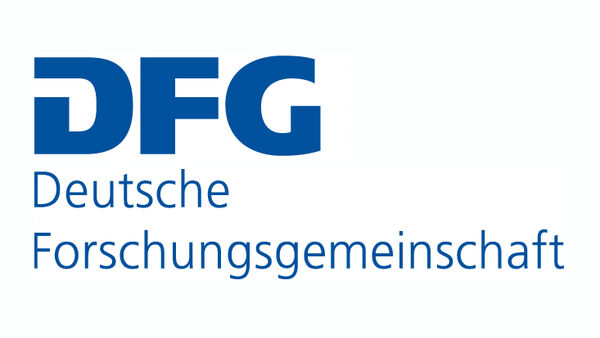DFG Research Training Groups
ProMoAge – Protein Modifications: Key Mechanisms of Aging (GRK 2155)
The graduate college (GRK) aims at investigating key mechanisms of aging: posttranslational modifications (PTMs) of cellular proteins. It offers an innovative qualification program with state-of-the-art methodological platforms and high-quality training in theoretical and practical aspects of aging research with a focus on PTMs.
Further information:
The ability to maintain a functional proteome declines during the aging process, which results in dysregulated protein homeostasis and the accumulation of damaged, misfolded, and partially ubiquitinated proteins and constitutes a major hallmark of the aging process. Protein degradation via the ubiquitin-proteasome system requires posttranslational modification of the substrate with ubiquitin and subsequent formation of polyubiquitin chains via linkage-type-specific lysine residues within ubiquitin.
We have previously shown that a subset of enzymes involved in the ubiquitin cycle are perturbed in their abundance with aging. This includes deubiquitinases (DUBs) being differentially abundant in the brain of old killifish and mice. In this project, we aim (I) to understand the function of linkage-type-specific polyubiquitin chains in the context of aging, and (II) to systematically assess the activity and specificity of DUBs in the aging brain.
Contact:
The anti-aging protein Klotho is strongly expressed in kidney and choroid plexus (CP). In kidney, Klotho full length functions as a co-receptor for the hormone FGF23. In addition, the external part of Klotho (Klothos) is shed from the surface and supplies the periphery with soluble Klotho.
In the CP, the function of Klotho is not known, but Klothos is a constituent of cerebrospinal fluid (CSF) produced by the CP. In mice and humans, Klotho is involved in cognitive performance and is downregulated in aging. Klotho is heavily glycosylated, which could affect its stability or activity.
In this project, the Kaether’s team tests whether Klotho activity and/or stability is modulated by enzymatic and non-enzymatic PTM. It also analyzes the role of Klotho in brain ageing using specific mouse knock-out models. Finally, the group aims to investigate the role of mammalian Klotho in IGF1/FOXO signaling and its modulation by PTMs.
Contact:
Posttranslational modification (PTMs) of transcription factors (TFs) and histones are critical mechanisms for regulating the genomic activity. For some TFs, chemical alterations of lysines are known to influence the protein localization and affect essential protein-protein interactions, as well as promoter and transcription factor binding site affinities. The Hoffmann’s group develops bioinformatic approaches to better investigate the influence of such modifications on genome regulation.This project involves the development of computational methods to better detect differential binding of TFs, as well as usage of differential transcriptional start sites.
Stem cells and organoids
The Hoffmann’s lab contributes its wet-lab expertise to measure the impact of various PTMs on TF-binding and isoform-specific expression levels. The computational integration of the ChIP and RNA data within ProMoAge will allow us to better understand the impact of certain PTMs on genome activity and to identify relevant functional networks. Besides, this projekt provides solutions to integrate other layers of information such as DNA methylation systematically.
Contact:









